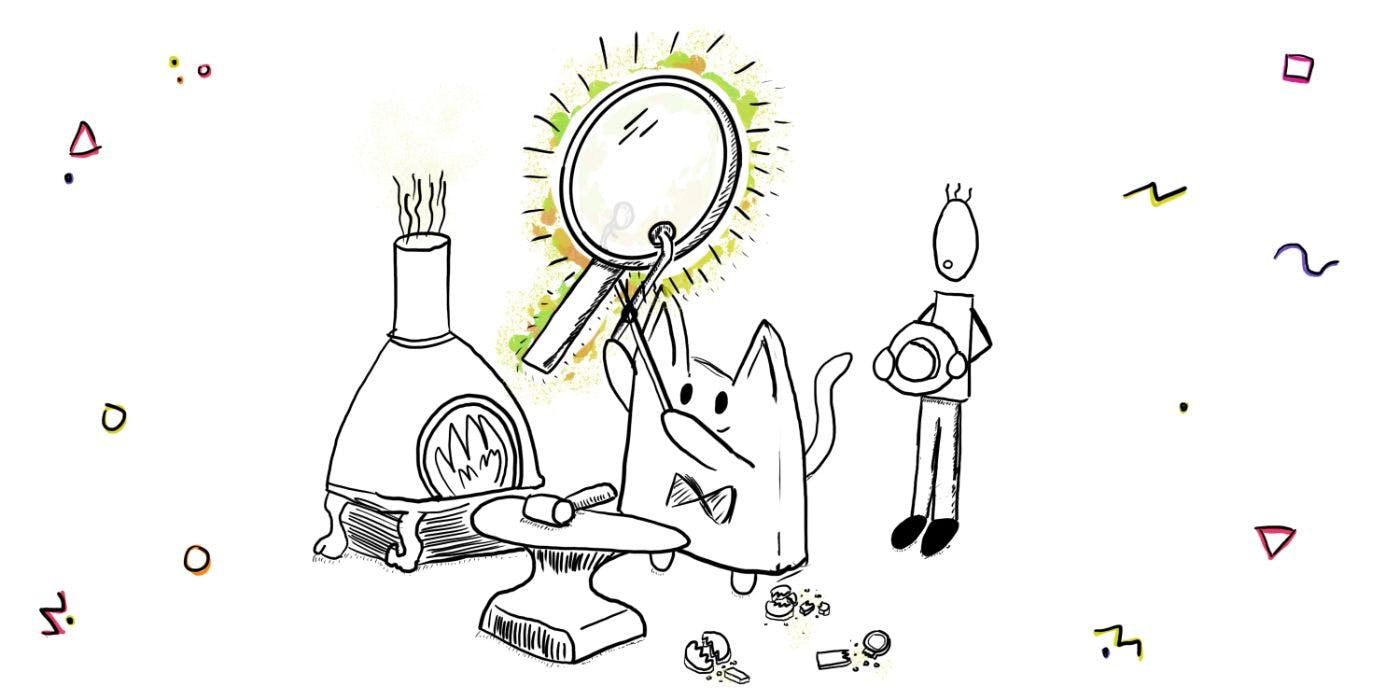1,541 reads
What it Takes to Build a Really Great Search Engine
by
June 12th, 2022
Audio Presented by
Physician turned product manager writing about all things medicine, business and technology.
About Author
Physician turned product manager writing about all things medicine, business and technology.
